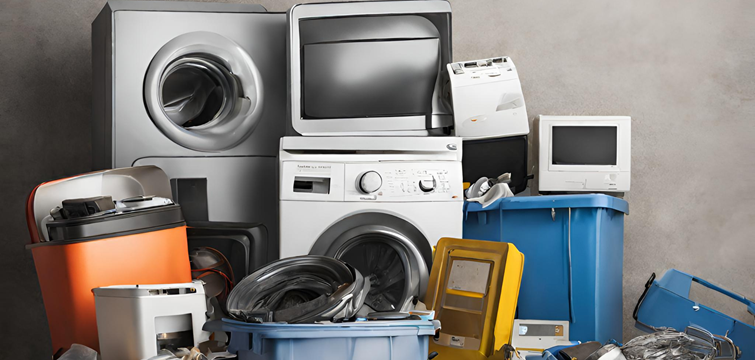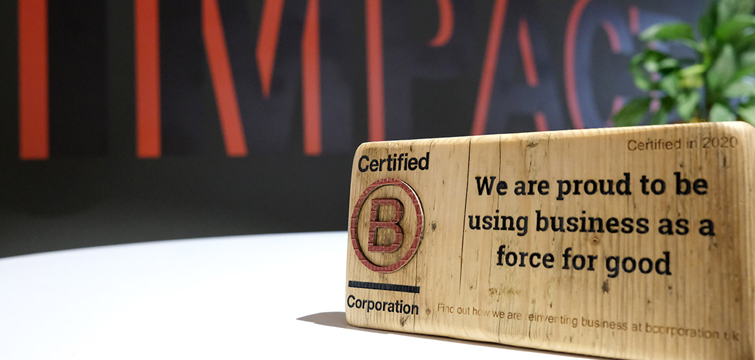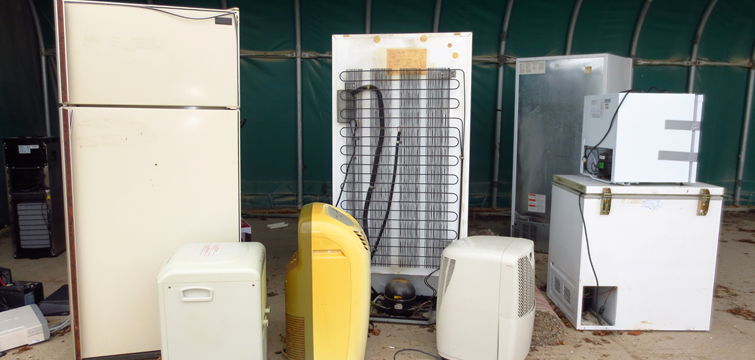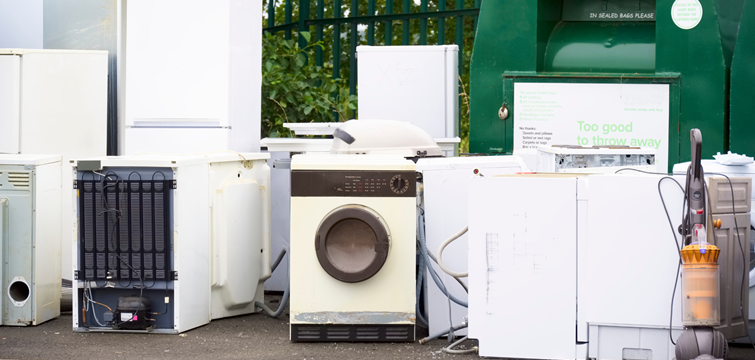Today the long-awaited government response to the second consultation for a Deposit Return Scheme (DRS) in England, Wales and Northern Ireland was released.
The government response has come almost two years after the original publication of the consultation which ran for 10 weeks and received 2,590 responses from a range of stakeholders, with 74% of those in favour of the scheme.
DRSs are well established policy tools used globally to increase the recycling of single-use drinks containers and to reduce littering, with well-functioning systems achieving recycling rates of over 90%. Waste and recycling are devolved matters, meaning the Scottish government has used powers to implement their DRS in August this year, well ahead of the rest of the UK.
The new government response contains some key decisions but nonetheless leaves several details to the yet-to-be-established Deposit Management Organisation (DMO).

Key decisions include:
- Government have proposed a ‘stretching target date’ of 1 October 2025 for commencement of the DRS
- An ‘all-in’ system has been confirmed, meaning containers from 50ml-3l will be included. This aligns with the Scottish system.
- As stated in the packaging EPR consultation response last year, polyethylene terephthalate (PET) bottles and steel and aluminium cans will be in-scope in England and Northern Ireland. Wales (and Scotland) will also include glass bottles.
- Producers will be defined as brand-owners, manufacturers, or importers of in-scope packaging. Retailers – direct sellers of in-scope containers to consumers - will only be considered producers when placing their own-branded goods on the market, but will be obliged in most cases to host return points and be reimbursed via a handling fee.
- Producers will be mandated to label their packaging as in-scope of the DRS, and further apply an ‘identification marker’ – such as a QR or barcode – so containers can be recognised at return points.
- The DMO will be established by mid-2024 and will be managed by industry. Examples of their responsibilities include establishing the deposit level, confirming how and if VAT will be charged, and exploring how online retailers can provide takeback services.
- The DMO will charge producers a registration fee to cover the costs of managing the scheme. Additional costs will be recovered via sales of secondary material to recyclers and reprocessors, and unredeemed deposits. The fees will be proportionate to the types and volume of containers being placed on the market.
Regulatory misalignment
Regulations made using powers in the Environment Act 2021 will be used to establish the DRSs in England, Wales and Northern Ireland. Secondary detailed legislation will be taken through Parliament and will apply to England and Northern Ireland, and through the Senedd for Wales. These will necessarily differ as Wales make its own legal and commercial decisions.
This means work will need to be done to overcome issues of regulatory misalignment between the four nations. For instance, it’s unclear how the exclusion of glass bottles in England and Northern Ireland will affect the schemes’ operability.
The current UK recycling rate for drinks containers stands at around 70%, leaving approximately 4 billion plastic bottles and 2.7 billion cans unrecycled every year. Defra first committed to implementing a DRS in 2018 but cite hurdles such as the COVID-19 pandemic and current inflationary pressures as causes for what will be a seven-year interval.
Nonetheless, given the logistical and infrastructural work needed to implement the regulations, we hope that by 2025 systems are in place to guarantee the desired environmental outcomes – especially given the 90% collection target that will be established within 3 years of the scheme operation.
A pragmatic approach
Innovation and policy director Robbie Staniforth commented "We welcome further clarity from Government on how their new rules will affect the circulation of packaging in the UK. While unfortunate that the system change is still over two years away, given the scheme has been in design for several years now, it represents a pragmatic approach to the realities of implementing such a major change."
"How the differing systems across UK nations will work in practice remains to be seen. It is sad to see that the four Governments could not get around the table and agree one harmonised system for the sake of UK citizens, not to mention the businesses that will now be dealing with unnecessary extra complexity. However, we look forward to working closely with all stakeholders to ensure this significant change delivers the environmental benefits promised."
Interaction with EPR
As stated in the packaging EPR consultation response last year, producers of in-scope DRS containers will continue to meet recycling obligations by purchasing Packaging Waste Recycling Notes (PRNs) and Packaging Waste Export Recycling Notes (PeRNs) until the DRS is live.
However, they will not be obligated to pay local authority waste management fees, once the system commences in 2024. This is excepting producers placing glass bottles onto the English and Northern Irish markets, who will pay local authority costs.
Read the government response to the DRS consultation.
If you have any questions or concerns about the future DRS will impact your organisation, please contact our team.

You may also be interested in...

Q3 2023 WEEE data shows promising collection figures
By Sophie Clelland 11 Dec 2023
Ecosurety divests from WEEE and Batteries compliance
By Louise Shellard 06 Nov 2023
UK on track to meet annual WEEE collection targets
By Sophie Clelland 05 Sep 2023
Promising WEEE collection figures released for Q1 2023
By Sophie Clelland 13 Jun 2023
